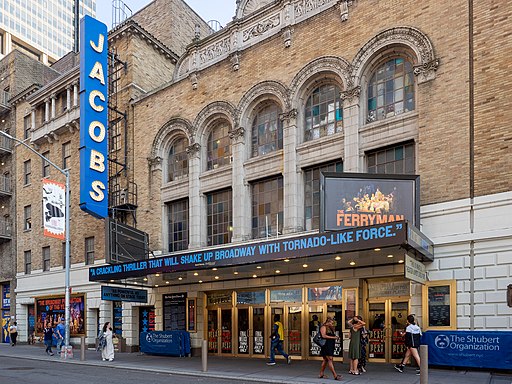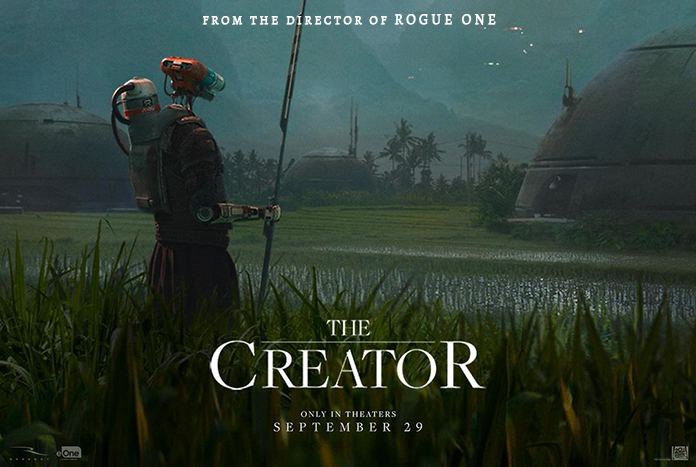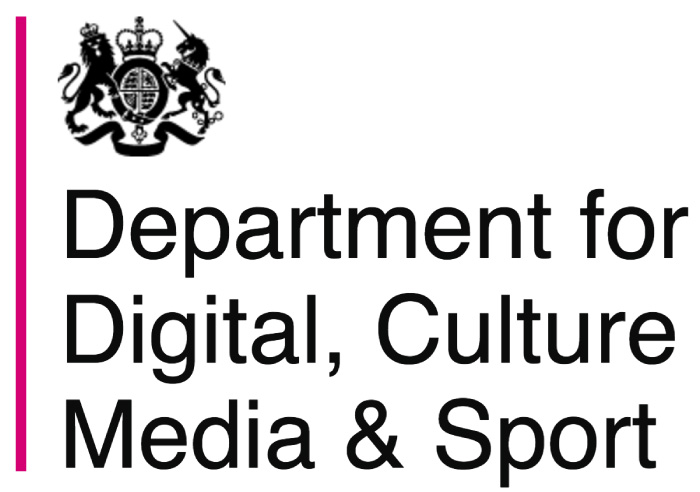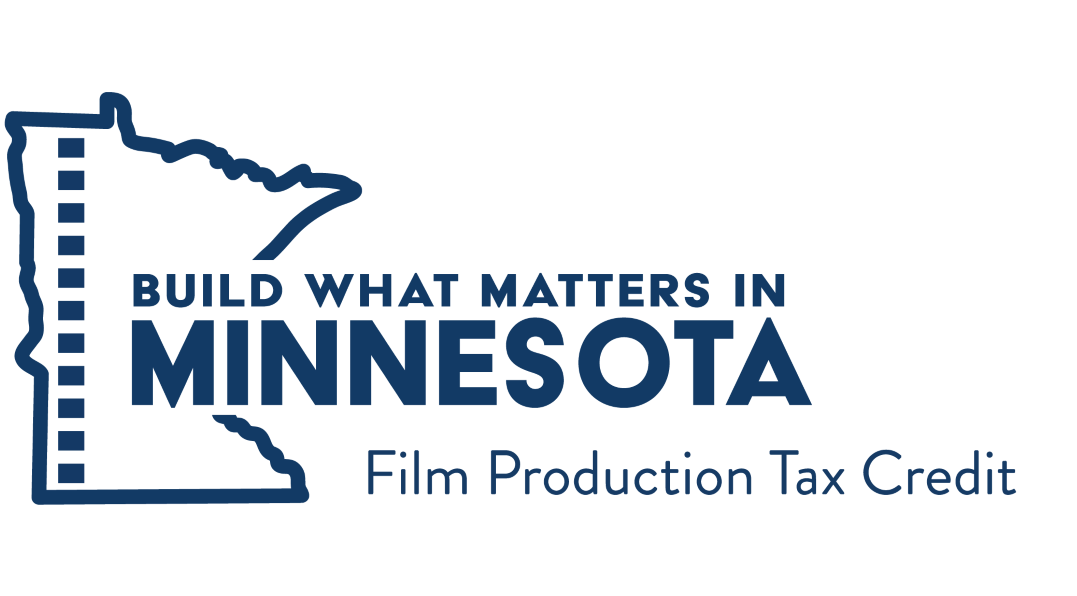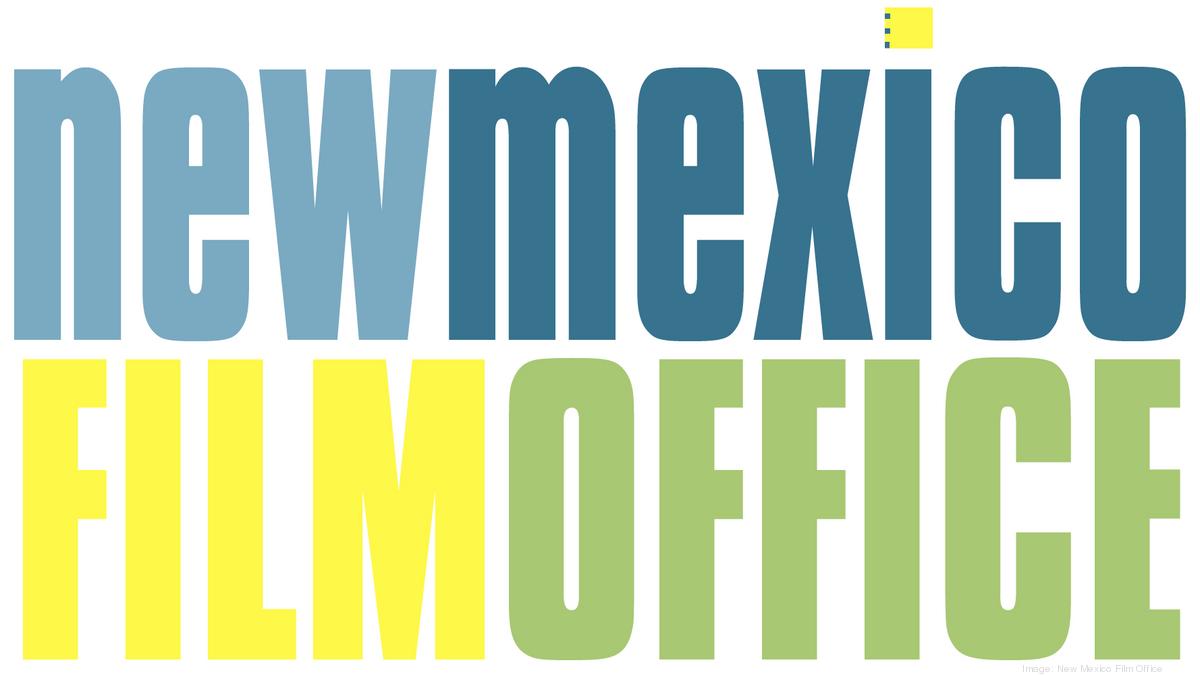NEW LAW ADDS INCENTIVES FOR INDIANA MEDIA PRODUCTIONS
New Law Adds Incentives for Indiana Media Productions
(insideindianabusiness.com)
INDIANAPOLIS – A bill heading to Governor Eric Holcomb’s desk includes a provision that has been years in the making. Senate Enrolled Act 361 was authored to modernize the toolkit used by the Indiana Economic Development Corp. and includes tax incentives for film and media productions in the state. Eligible productions, which could include film, television, music, or digital media, could receive tax credits for up to 30% of their production expenses.
In an interview with Inside INdiana Business, State Representative Bob Morris (R-Fort Wayne) talked about the importance of having a 30% tax credit.
“It puts us right up there with the other top four states in the country as far as welcoming businesses that want to shoot film here in Indiana. It’s the likes of New Mexico, Georgia, North Carolina and Kentucky as well,” said Morris.
Previous bills to create an incentive program for film and media productions have failed in the past. Morris said he worked to convince his colleagues at the Statehouse that this type of program only makes sense for the state.
“One thing that really inspired a number of members in the General Assembly was when I questioned them why we were offering film classes and media classes in our universities when 98% of these students left the great state of Indiana and went to another state to work,” he said. “I really grabbed on them on that.”
Greg Sorvig, artistic director for Heartland Film in Indianapolis, says having these incentives in place is the missing piece that many people in the film industry have been hoping for.
“We put together Oscar-qualified film festivals here in Indiana…and we host filmmakers who are on the independent, hyper-local level up to huge, Oscar-contending titles with the big studios. People come to Indiana and they’re impressed; they want to do business here. But, I’ve been told face-to-face, ‘I can go over a bridge to Louisville. I can go over to Ohio and I want to make things here. I just can’t. It doesn’t make financial sense.’”
Sorvig says having film incentives in place is all about economic development, but could bring additional benefits such as increased tourism.
Tony Samuel, president of Samuel Solutions Group, helped with the film incentives effort and says while the program has been approved, there is still work to do to get everything up and running.
“It may take a little bit of time to put together the structure of the program, not just the application process, but to determine what makes a production qualify for the tax credit, what expenditures can apply for the tax credit, which won’t, do you hire a film commissioner, what kind of staff?” said Samuel. “We’re starting discussions already with the IEDC. They’re excited. They wanted this program. So, over the next few months, you’ll learn more.”
SEA 361 was one of Governor Holcomb’s key agenda items and allows the IEDC to expand its ability to attract new businesses to the state. It provides a $300 million cap on the amount of tax credits the IEDC can provide per year and also establishes Innovation Development Districts in which the state can capture property, income and sales tax for economic development needs.
Once signed by the governor, the new law will go into effect on July 1.
By: Alex Brown
Continue Reading at insideindianabusiness.com
NEW LAW ADDS INCENTIVES FOR INDIANA MEDIA PRODUCTIONS Read More »


